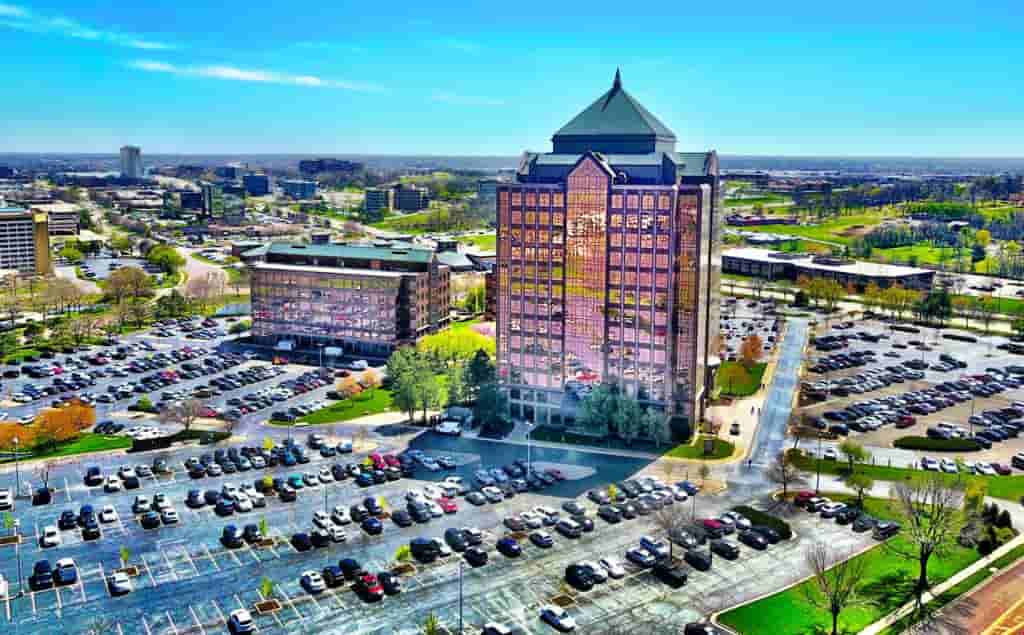How Smart Parking Systems Can Solve Old Parking Problems
Cities across the world are becoming smarter, thanks to significant technological advancements over the years. However, there seems to be one significant problem that still needs some addressing –inefficient parking management. Our cities are more polluted, and the streets more crowded, than ever.
Even as real estate dwindles, smart parking holds the answer to traditional systems of management.

The obsolescence of traditional parking management
Inefficient parking systems go a long way in aggravating traffic congestion and environmental pollution, the direct result of overcrowding on city streets. To strike the ax at the root of the issue would mean digging deep into the loopholes of traditional parking systems. Yes, parking spaces are scarce, but more importantly, parking spaces are mismanaged. Motorists driving around in circles in search of parking, leading to spillovers and increased traffic congestion, are testimony.
Cities today lie in dire need of an advanced parking system that can effectively tackle the problems surrounding parking.
So, is there an answer to this parking problem yet? Yes! Internet of Things (IoT) is the key to streamlining parking and curbing the issues related to it.
Using smart parking to transform parking
This is how smart parking can change inefficient and manual systems for the better.
-
Cameras and sensors
Once this information is gathered, it is transmitted to a centralized cloud platform, following which it can be made available to motorists and parking facilities. Via smartphone applications, motorists can have access to real-time traffic and parking information. They will then be able to take the least crowded route to a particular destination and not have to drive in circles looking for a parking spot. As a result, traffic congestion and environmental pollution can be controlled.
-
Smart counter systems in parking facilities
Parking facilities with a connected counter system can realize greater efficiencies. Such smart systems gather information on the coming and going of vehicles through the facility, which can later be used to generate trends and patterns in the customer flow. Based on these patterns, predictions can be made regarding future demand surges and facility owners can accordingly tweak pricing.
Improving law and order with smart parking
Connected systems also allow for a sponsored meter time extension, i.e., motorists being notified when their parking duration is nearing its end. This can help them extend their stay with the click of a button, reducing the instances of traffic law violations and preventing motorists from paying hefty fines.
Moreover, connected platforms can also identify the safety level of parking spots and notify drivers of the same. For instance, ‘Red Zones’ like passenger loading-unloading zones, spots reserved for handicapped people, etc. can be notified to motorists. If a driver has mistakenly parked their vehicle in a ‘No Parking’ zone, the platform will be able to alert the local parking authorities, making it easier to penalize violators.
Finally, citywide parking spaces can be utilized efficiently, and city governments can adjust meter rates and permissible parking hours using the data collected by IoT platforms.

